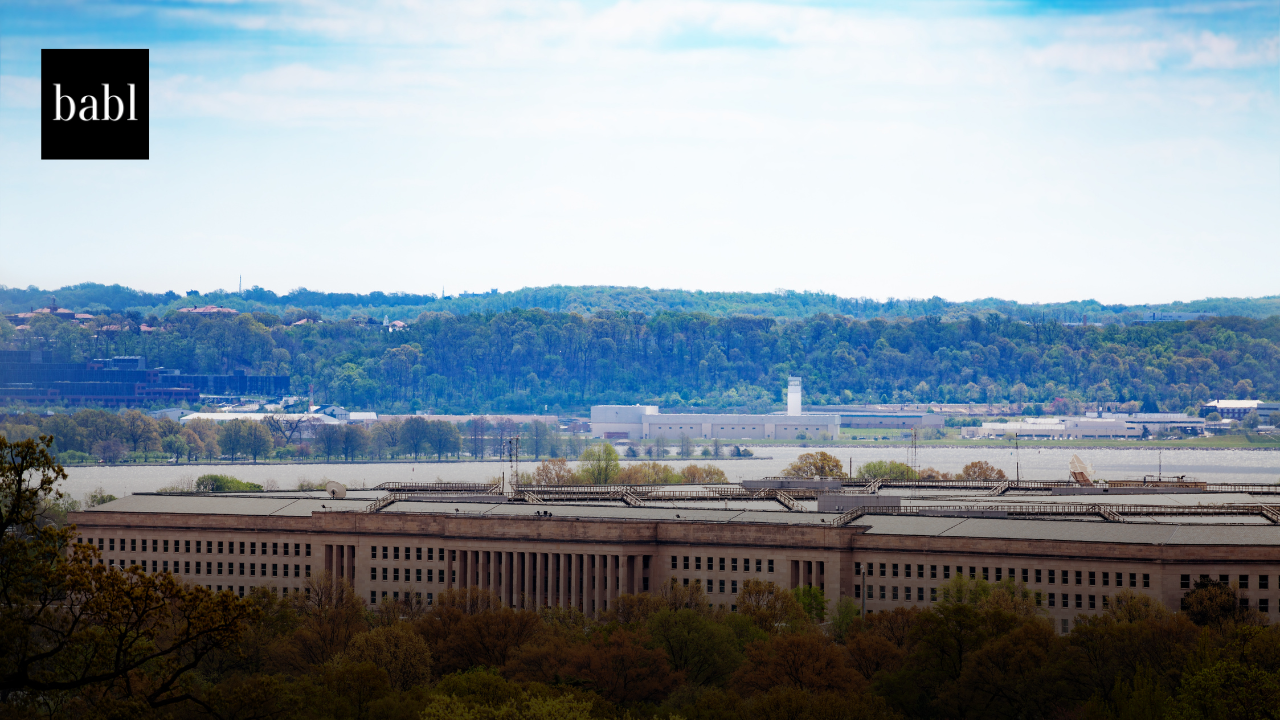UPDATE — AUGUST 2025: The Technology Security Initiative (TSI), launched by the UK and India in July 2024, has now marked its one-year anniversary with major developments across AI, telecoms, critical minerals, and biotech. In February 2025, the two nations co-hosted the first UK-India Conference on AI in Bengaluru, advancing responsible AI governance and research collaboration. Over the past year, the TSI has launched a £7 million joint Future Telecoms program supporting Open RAN and 5G/6G innovation, completed phase one of the Critical Minerals Supply Chain Observatory with £1.8 million in new funding, and laid the groundwork for a joint Centre for Responsible AI. In July 2025, both governments reaffirmed their commitment to deepening cooperation, highlighting the TSI as a key driver of their strategic technology partnership.
ORIGINAL NEWS STORY:
UK and India Strengthen AI Collaboration Under New Technology Security Initiative
The United Kingdom and India have embarked on a significant new chapter in their bilateral relations with the launch of the Technology Security Initiative (TSI). This initiative, announced on July 25, 2024, aims to strengthen the strategic partnership between the two nations, focusing on critical and emerging technologies (CET). Among the various domains highlighted in the initiative, Artificial Intelligence (AI) stands out as a key area of collaboration, reflecting its growing importance in both national security and economic development.
As AI continues to shape the global technological landscape, the UK and India are committed to ensuring its development is both safe and responsible. The TSI outlines a comprehensive framework for collaboration, emphasizing the need for AI to be human-centric and trustworthy. This focus aligns with the broader goal of promoting global good while enhancing interoperability between the AI governance frameworks of both countries.
One of the cornerstone elements of this AI collaboration is the establishment of a mechanism for policy exchange and cooperation on AI applications. Both nations recognize the importance of working together in key multilateral forums, such as the Group of Twenty (G20), the Global Partnership on Artificial Intelligence (GPAI), and the United Nations. The initiative builds on the outcomes of the UK’s AI Safety Summit and India’s GPAI Summit, with the aim of ensuring that India’s 2024 GPAI Chairmanship delivers impactful results.
Tackling AI Bias Through Joint Research and Training
AI bias remains a major challenge in the responsible use of AI. To confront this issue, the TSI will equip researchers, policymakers, and industry professionals with the skills needed to detect and mitigate algorithmic bias. The UK and India will co-host bias detection challenges and establish a shared platform for developing and testing new solutions. These initiatives will culminate in a joint conference on AI bias, fostering collaboration between experts from both countries.
Deepening Academic and Industrial Collaboration
The TSI also builds on long-standing research partnerships between institutions such as IIT Madras, IISc Bangalore, the University of Southampton, and the University of Oxford These collaborations will focus on creating actionable policy recommendations and advancing shared research goals. In addition, both nations plan to establish a Centre for Responsible AI. This center will unite experts from academia and industry in the UK and India to advance ethical AI development and deployment.
Promoting Innovation Through Institutional Cooperation
The initiative further promotes collaboration between The Alan Turing Institute in the UK and leading Indian AI centers. A joint expert group will produce a detailed report identifying high-impact areas for cooperation and recommending next steps for implementation. This targeted strategy aims to strengthen AI capabilities across sectors such as defense, finance, agriculture, and healthcare. As a result, the UK and India expect to expand their roles as global leaders in AI innovation, ensuring that the technology drives economic growth and national security while upholding shared democratic values.
A Shared Vision for Responsible AI
By aligning their research, governance, and ethical frameworks, the UK and India are setting a precedent for responsible AI collaboration. The TSI represents more than a bilateral partnership—it is a model for how nations can balance technological ambition with public accountability.
Need Help?
If you have questions or concerns about AI guidelines, regulations and laws, don’t hesitate to reach out to BABL AI. Their Audit Experts can offer valuable insight, and ensure you’re informed and compliant.





